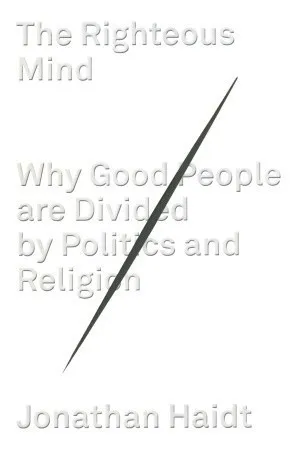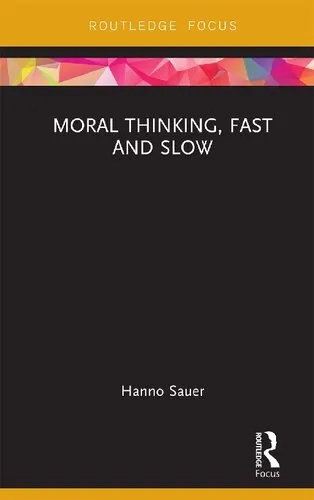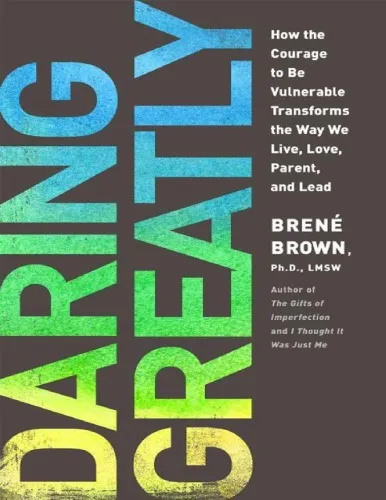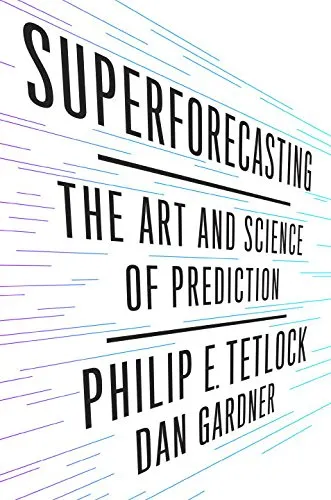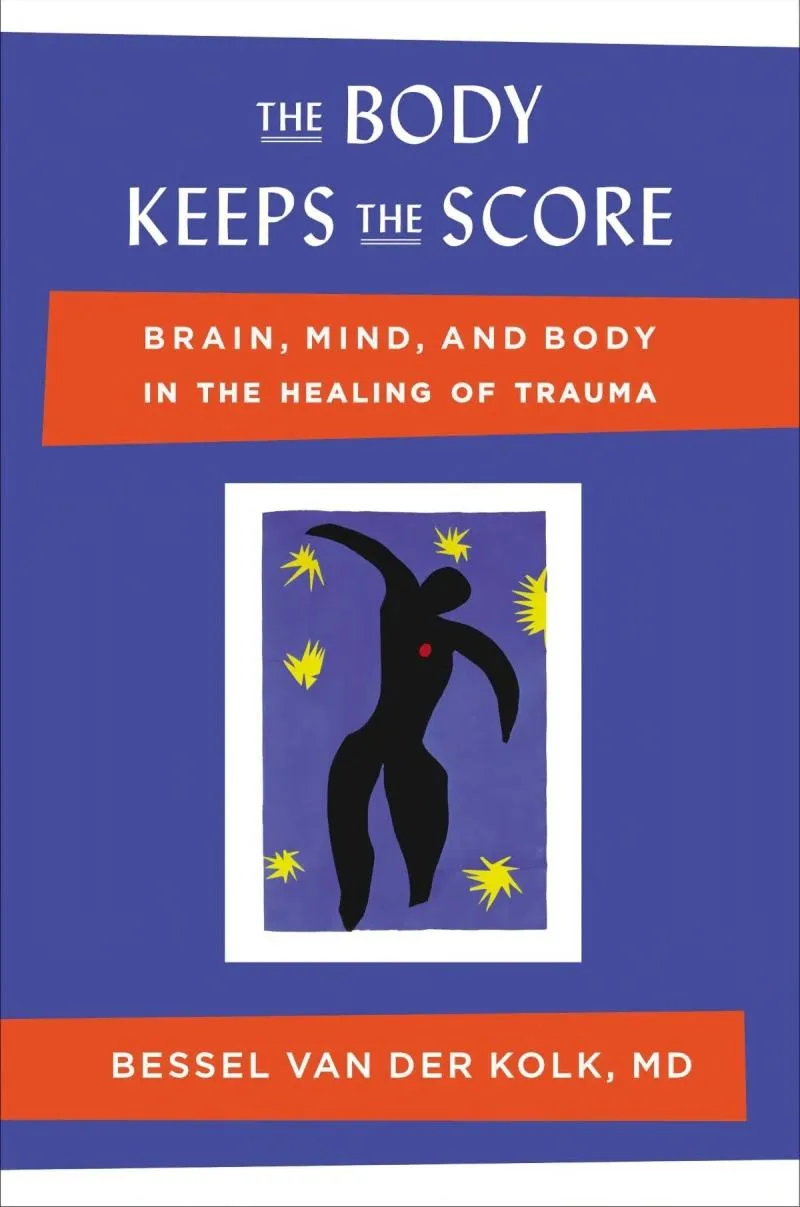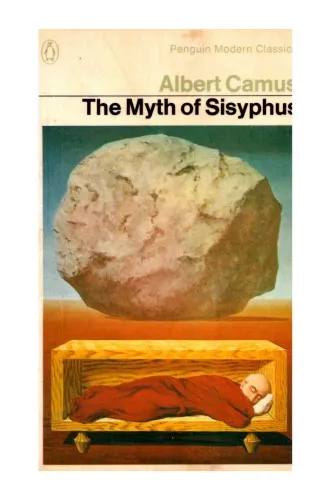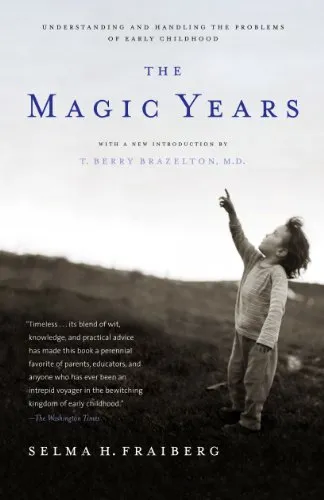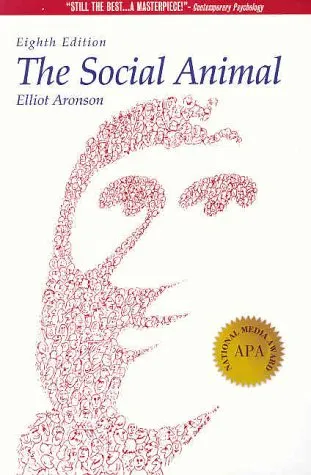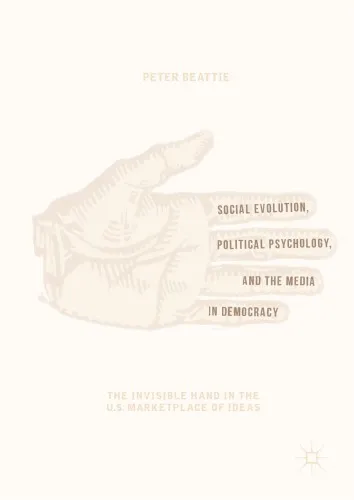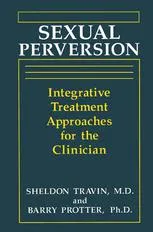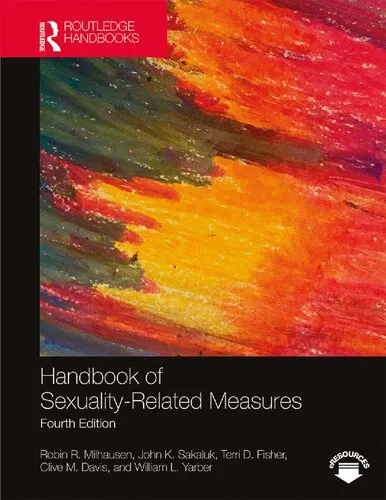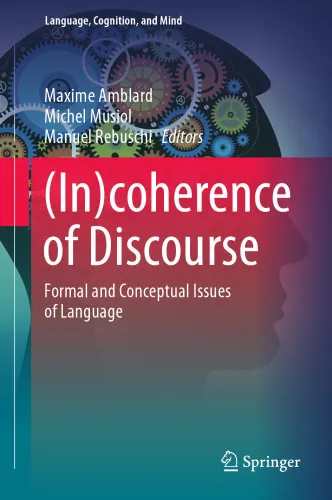The Righteous Mind: Why Good People Are Divided by Politics and Religion
4.7
Reviews from our users

You Can Ask your questions from this book's AI after Login
Each download or ask from book AI costs 2 points. To earn more free points, please visit the Points Guide Page and complete some valuable actions.Related Refrences:
Introduction to "The Righteous Mind: Why Good People Are Divided by Politics and Religion"
Welcome to an exploration of "The Righteous Mind," a thought-provoking book by Jonathan Haidt. This book investigates the psychological underpinnings of moral and political divisions, offering insights into why people with different beliefs often misunderstand each other.
Detailed Summary of the Book
"The Righteous Mind: Why Good People Are Divided by Politics and Religion" by Jonathan Haidt delves into the complex psychological and evolutionary roots of morality. The book is divided into three parts, each focusing on a central theme. The first part investigates the origins of morality by presenting the concept that moral judgments are intuitive and rationalized post-hoc. Haidt employs metaphors such as "the rider and the elephant" to illustrate the interaction between intuition and reasoning.
In the second part, Haidt introduces the "Moral Foundations Theory," proposing that there are six innate moral foundations: care, fairness, loyalty, authority, sanctity, and liberty. Different cultural and political groups prioritize these foundations differently, explaining the diversity in moral perspectives. The final part of the book explores how religion and group behaviors reinforce moral commitments and how group selection might have played an evolutionary role in human morality.
Throughout the book, Haidt draws from various disciplines, including psychology, anthropology, and neuroscience, to build a comprehensive theory of moral psychology. His insights illuminate how moral judgments shape political ideologies and influence human society.
Key Takeaways
- Morality is primarily intuitive, and people use reasoning to justify their moral beliefs rather than to discover them.
- Understanding different moral foundations can help bridge ideological divides by promoting empathy and dialogue.
- Religion and collective rituals have historically played a significant role in uniting people and fostering cooperation.
Famous Quotes from the Book
"Moral positions are primarily intuitive; rationalized, justified, or explained post hoc, and taken mainly to influence other people."
"Happiness comes not from within, as Buddhism and Stoicism assert, but from between. It comes from getting the right relationships between yourself and others, yourself and your work, and yourself and something larger than yourself."
Why This Book Matters
"The Righteous Mind" is a crucial text for anyone seeking to understand the root causes of division in contemporary society. In an era characterized by intense political polarization, Haidt’s work offers a framework for recognizing the different moral values that drive individuals and groups. By doing so, it encourages respectful dialogue and reduces the demonization of opposing viewpoints.
Furthermore, the book is significant for its interdisciplinary approach, drawing connections across various fields to provide a cohesive understanding of human morality's nature and origins. Whether you are a political analyst, a social psychologist, or simply someone interested in human behavior and morality, "The Righteous Mind" provides valuable insights into how we can transcend our moral divides and live together more harmoniously.
Free Direct Download
You Can Download this book after Login
Accessing books through legal platforms and public libraries not only supports the rights of authors and publishers but also contributes to the sustainability of reading culture. Before downloading, please take a moment to consider these options.
Find this book on other platforms:
WorldCat helps you find books in libraries worldwide.
See ratings, reviews, and discussions on Goodreads.
Find and buy rare or used books on AbeBooks.
1530
بازدید4.7
امتیاز0
نظر98%
رضایتReviews:
4.7
Based on 0 users review
Questions & Answers
Ask questions about this book or help others by answering
No questions yet. Be the first to ask!
